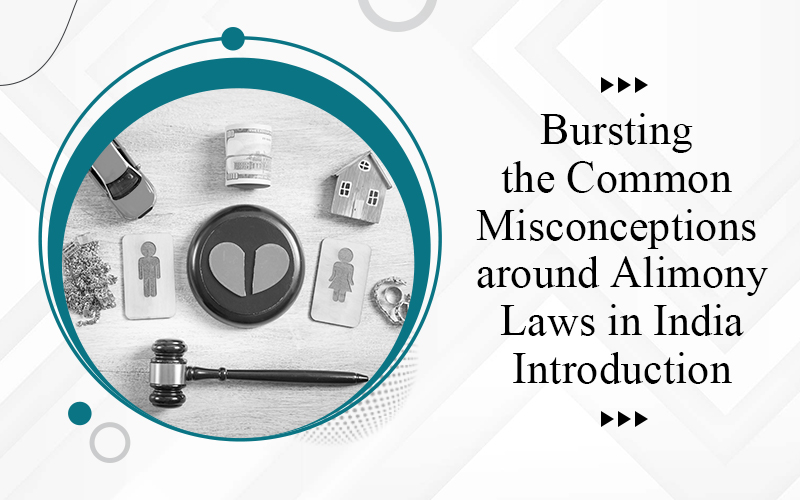Compounding of offences under Section 320 Cr.P.C.
It refers to the process by which the victim and the accused in a criminal case reach a mutual agreement or settlement, resulting in the acquittal of accused. When an offence is compounded, it means that the parties involved have decided to resolve the matter amicably, often through a compromise or payment of compensation, without proceeding to a full-fledged trial. Section 320 of the Code of Criminal Procedure (Cr.P.C) enlists such offences. These offences can be settled by the parties involved, meaning they can be settled through a compromise between the victim and the accused. Section 320 of the CrPC categorizes offences into two parts: Part I and Part II.
Part I of Section 320:
Offences which can be settled without the court’s permission like Voluntarily causing hurt, Theft, Dishonest misappropriation of property, Cheating etc.
Part II of Section 320:
Offences which cannot be settled without the court’s permission and they do not fall under the category of heinous offences, like under Causing miscarriage, Criminal breach of trust, Marrying again during the life-time of a husband or wife etc.
Object behind compounding of offences under Section 320 Cr.P.C.
- Promoting Justice and Fairness: The provision recognizes that in certain cases, it may be in the best interest of justice to allow the parties to reach a compromise. Allowing the victim and the accused to settle the matter through mutual agreement promotes fairness and allows for the resolution of disputes in a manner that is acceptable to both parties.
- Saving Time and Resources: It helps in expediting the resolution of cases by avoiding lengthy and time-consuming trials. It allows the parties to resolve their disputes without the need for prolonged legal proceedings, thus saving the time and resources of both the court and the parties involved.
- Encouraging Reconciliation: In cases involving personal relationships or minor offences, the provision encourages reconciliation and harmonious resolution between the parties. It recognizes the importance of maintaining relationships and avoiding the unnecessary animosity that can arise from protracted legal battles.
- Reducing the Burden on Courts: By providing an avenue for settlement, the provision helps alleviate the burden on the courts, allowing them to focus on more serious offences. This enables the courts to prioritize cases that require their attention and resources.
Key aspects of compounding of offences under Section 320 Cr.P.C.
- Mutual Agreement: Both the victim and the accused voluntarily agree to settle the dispute or offence through a compromise. The agreement may involve various terms, such as payment of compensation, restitution, or any other conditions agreed upon by the parties.
- Consent: The process requires the consent of both the victim and the accused. It is crucial that both parties willingly agree to the settlement and understand the implications.
- Legal Process: In most cases, it involves the intervention of the court. The court may need to grant permission or oversee the process, depending on the nature and severity of the offence. The court ensures that the settlement is fair and lawful.
- Consequences: Once an offence is settled, the criminal proceedings against the accused are terminated, and the accused is acquitted. The settlement reached between the parties is considered final, and they are bound by the terms of the agreement.
Leading cases on compounding of offences under Section 320 Cr.P.C.
- Gian Singh v. State of Punjab (2012): In this case, the Supreme Court of India held that the power of under Section 320 CrPC is an inherent power of the High Court and can be exercised to secure the ends of justice. The court observed that in certain cases, it may be appropriate for the parties to settle the matter and for the criminal proceedings to be quashed.
- S. Joshi v. State of Haryana (2003): In this case, the Supreme Court held that offences under Section 498A (cruelty by husband or relatives of husband) of the Indian Penal Code (IPC) can be settled with the permission of the court. The court recognized the need for amicable resolution of matrimonial disputes and emphasized the importance of encouraging settlements.
- Parbatbhai Aahir v. State of Gujarat (2017): In this case, the Supreme Court held that even non-compoundable offences can be quashed by the High Court using its inherent powers under Section 482 of the CrPC if the parties have settled their dispute amicably and it is in the interest of justice to do so.
- Narinder Singh v. State of Punjab (2014): In this case, the Supreme Court held that offences under Section 307 (attempt to murder) of the IPC are non-compoundable and cannot be quashed even with the consent of the parties. The court emphasized the serious nature of such offences and the public interest in prosecuting them.
Conclusion
While the above provision facilitates compromise and settlement, certain offences of a serious nature or those affecting public interest cannot be entered a compromise into. This ensures that the state retains the power to prosecute such cases in the interest of justice and public welfare. Overall, the object behind the provision is to strike a balance between the need for justice and the promotion of amicable resolutions, while also considering the efficiency and effectiveness of the criminal justice system.





One Response
Can a case under ipc 406 420 120b and it66d be compounded. If yes please suggest procedure